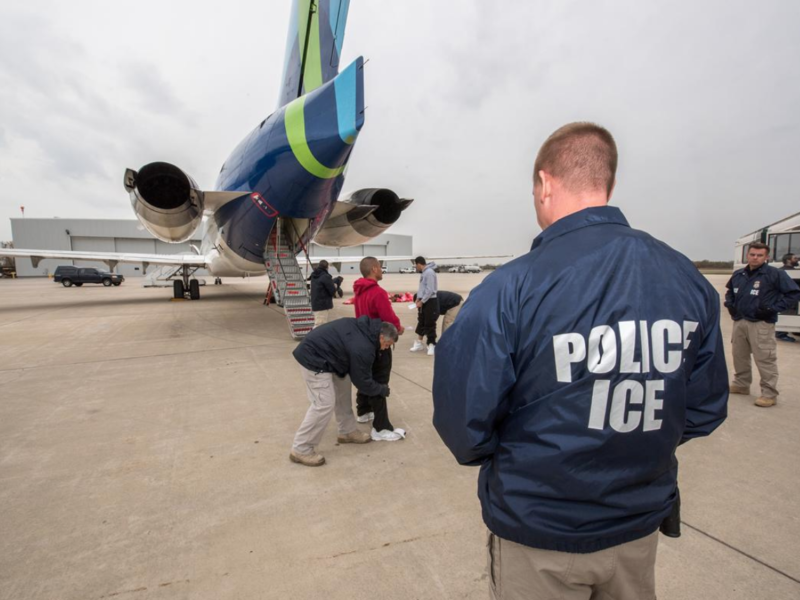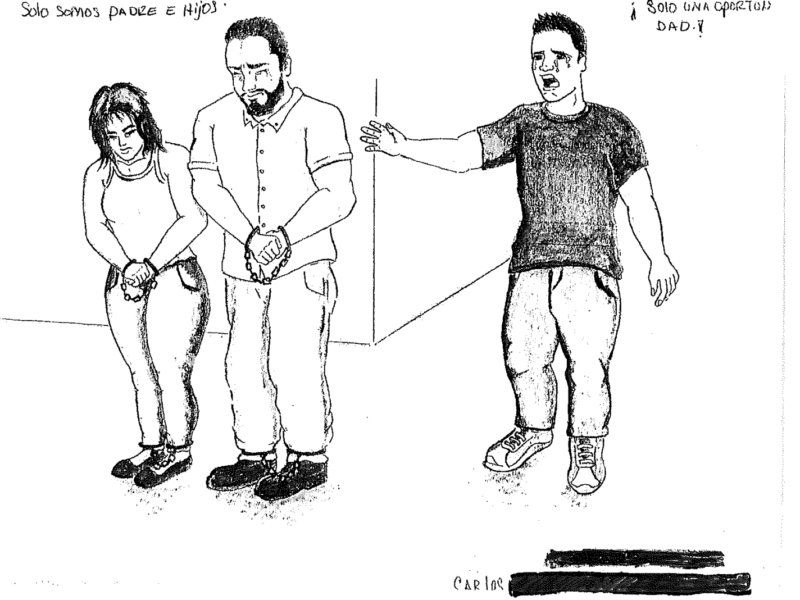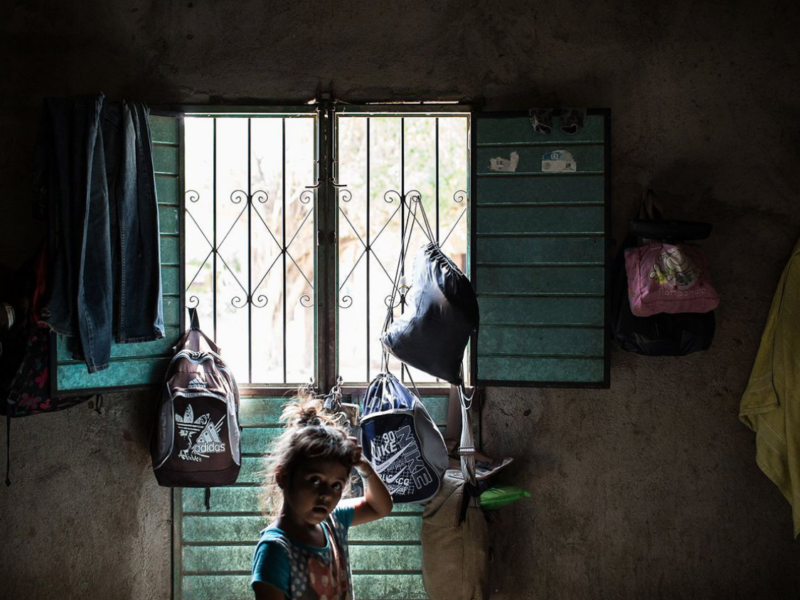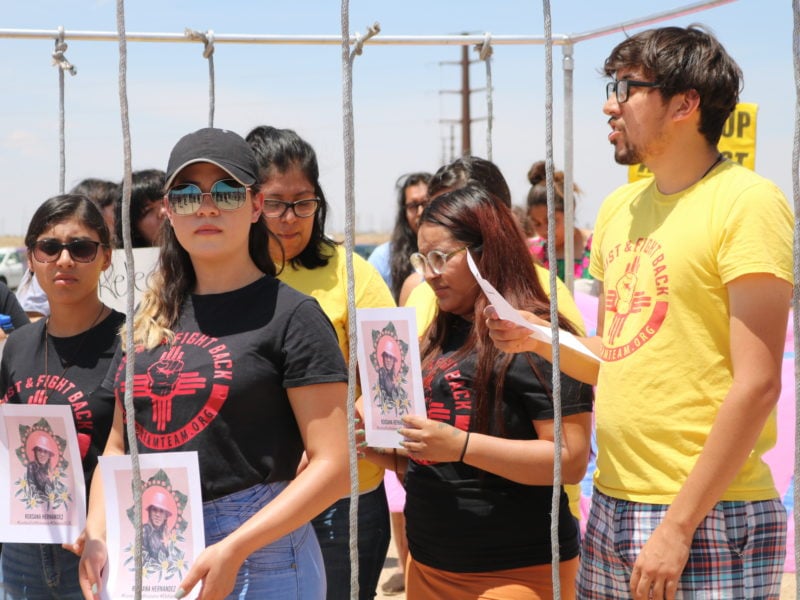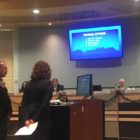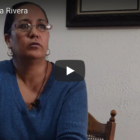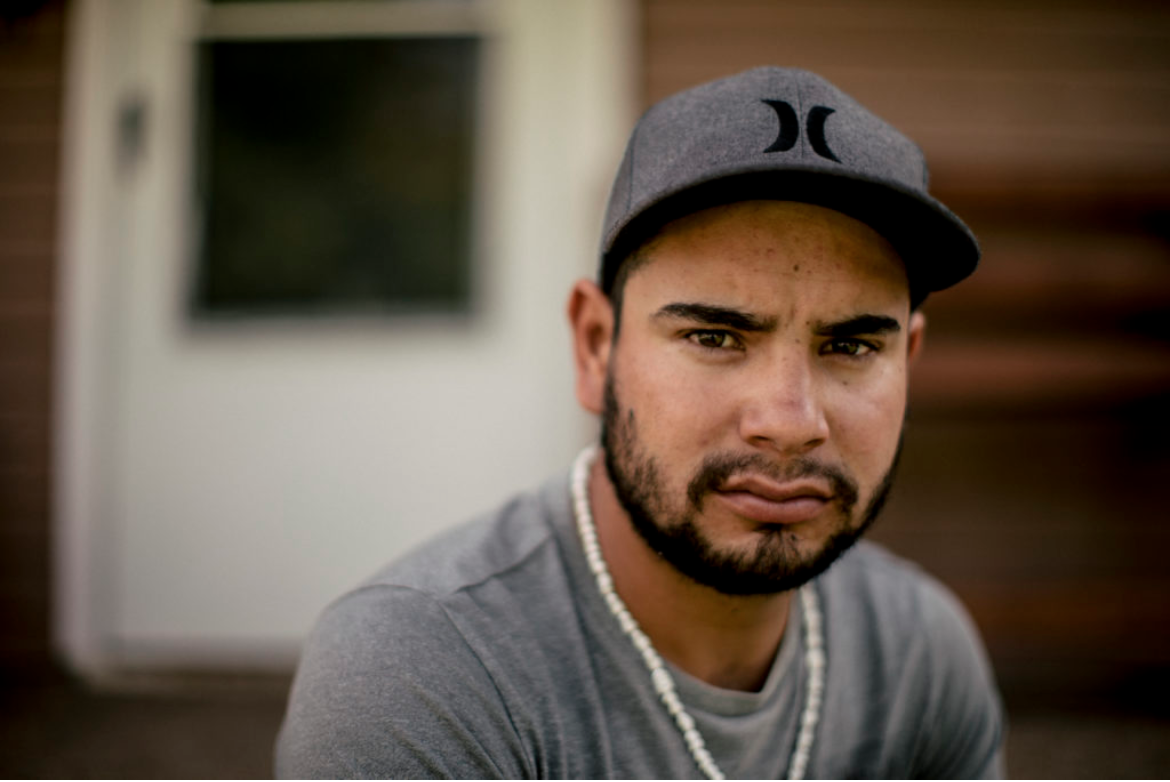This article was published by ProPublica, an independent, nonprofit news organization that publishes investigative journalism. New Mexico In Depth is part of the ProPublica Local Reporting Network. The coronavirus is threatening crowded Immigration and Customs Enforcement facilities with long histories of mishandling infectious diseases that can rapidly spread outside their walls, a ProPublica review of thousands of pages of death reports found. The ICE population presents a particular danger as communities grapple with the novel disease. The analysis found that ICE has repeatedly failed to follow rules meant to contain communicable diseases inside its detention centers, which can become breeding grounds for illness.
Border and immigration
Albuquerque aviation company mum on federal contracts related to immigration
|
A New Mexico aviation company owned by a prominent Republican businessman has active contracts with the federal agency charged with housing migrant children once they cross the border. Albuquerque-based CSI Aviation Inc., owned by Allen Weh, a former GOP candidate for New Mexico governor and U.S. Senate, has won multiple contracts from the U.S. Department of Health and Human Services for transportation and relocation services that occurred in 2017 and 2018, a review of federal government databases shows. In a June 23 news release HHS said when families are apprehended at the border they’re processed first by the U.S. Border Patrol, which then separates the children, placing them in the custody of the department’s Office of Refugee Resettlement. The parents are sent to Immigration and Customs Enforcement for processing. There were 2,053 “separated minors” in HHS facilities on June 20, which is 17 percent of minors under the care of HHS, the agency said.
2018 Election
As immigration debate rages, private prison operators spread cash to NM pols
|
Two of the nation’s largest private prison companies have given nearly $33,000 to New Mexico’s congressional representatives and state lawmakers over the past year and a half, a review of campaign finance records by New Mexico In Depth shows. The two operators — the GEO Group Inc. and CoreCivic, which have maintained a major presence in New Mexico for decades — have come in for criticism over the years from immigration attorneys and advocates for warehousing immigrants under multiple presidential administrations. The focus has sharpened as the nation debates the Trump administration’s stepped-up immigration enforcement policies at the border. Across the country the two private prison operators have spent considerable money to influence government policy and have made sizable profits from detaining immigrants in their facilities, according to the Migration Policy Institute. The institute is an independent, nonpartisan, nonprofit think tank in Washington, D.C., dedicated to analysis of the movement of people worldwide.
For NM’s undocumented, a cloud of fear
|
LAS CRUCES — The morning after Donald Trump was elected president of the United States, 6-year-old Anabell woke up with a pressing question for her mother: “Does that mean we’re leaving the country?’”
“No,” Nayeli Saenz reassured her daughter. “You were born here. You are a U.S. citizen.”
But Saenz, 34, is not. She was brought illegally from Mexico as a 9-year-old girl and has lived most of her life in the shadows. Las Cruces is where she graduated high school, got married and divorced, and raised three children.
Border and immigration
Cancer struggle makes deportation threat a matter of life or death
|
Laura Aguiar moved to New Mexico eight months ago and settled in the outskirts of the state’s capital. She began reaching out to volunteer with a local “Dreamers” organization when she started to feel sick. There was chest pain. Headaches. Stomach aches.
Border and immigration
Las Cruces Dream Team rallies to urge DACA deal now
|
A group of individuals in neon orange t-shirts stood in the Las Cruces downtown plaza Friday afternoon singing “Olé Olé Olé Olé,” a Mexican chant usually heard at soccer games. This time, however, the singers changed the lyrics. “Olé Olé Olé Olé… Dream Act! Dream Act!”
Border and immigration
Las Cruces City Council affirms immigrant friendly policies
|
Las Cruces city councilors unanimously voted Monday to affirm the city’s policy prohibiting police from questioning people about their immigration status unless doing so is necessary in a criminal investigation. A resolution, presented by Police Chief Jaime Montoya and City Attorney Jennifer Vega-Brown, affirmed the city’s current Human Rights ordinance as well as several existing policies of the police department which prohibit law enforcement officers from asking people to show proof of citizenship when responding to a domestic dispute, a traffic violation or other types of interactions with the public. Before voting for the resolution, city councilors focused their questions on policing and enforcement of federal immigration law. “We enforce criminal law, we do not enforce administrative law, which is immigration law,” Montoya explained to Councilor Gabriel Vasquez. Councilor Yvonne Flores questioned Montoya about procedures during routine traffic stops, particularly related to warrants for deportation violations, which she noted are federal felonies.
Border and immigration
Churches emerge as important refuge for immigrants
|
Martha Lorena Rivera of Alamogordo had been checking in with Immigration and Customs Enforcement (ICE) since 2011 to renew a stay of removal she said she’s been given annually for humanitarian reasons. In past years she received approval in the mail, but this year was different. On the morning of Oct. 10, her “world came down,” she said in an interview with New Mexico In Depth. When she presented her application in late September at the El Paso ICE processing center, agents gave her a follow-up appointment for two weeks later.
ABQ immigrant and refugee leaders: Relationship with next mayor is critical
|
As Albuquerque heads into a runoff election next week to choose its future mayor, local immigrant and refugee advocates stress that having a positive relationship with Albuquerque’s next mayor is very important to the wellbeing of their communities. New Mexico In Depth spoke with leaders of four nonprofit organizations who work with immigrants and refugees about what’s at stake as the city nears the final vote on who will be its next mayor. A range of issues were mentioned: family unity, worker’s rights and skills development, safety, and breaking down institutional racism perpetuated by city practices and policies. All stressed the need for a mayor who cares about immigrants and refugees. Andrea Plaza, Encuentro and Fabiola Bawden, El Centro de Igualdad y Derechos
“The leadership in the city sets the tone for the attitude and approach to working with the immigrant community, and if that tone is a positive one, then the business community can fall in line, the educational community, the health community,” said Andrea Plaza, executive director of Encuentro, an organization that provides education and skill development for immigrants.
Inside a private prison’s $150M deal to detain immigrants in New Mexico
|
Just shy of his third year in the United States, 24-year-old oil pipeline worker Diego Navarro said goodbye to his California friends. It was early April, and the Oklahoma resident was anxious to return home, having used a break in his work schedule to make the trip west. Navarro, who entered the U.S. without documentation in 2014, typically worked 10- to 14-hour days as part of the country’s petroleum processing machine. But at a stop for gas during the drive back with a friend, Navarro was swept up in the billion-dollar business of private immigrant detention instead. This story was originally published by Reveal from The Center for Investigative Reporting, a nonprofit news organization based in the San Francisco Bay Area.
Hopes and fears: One DACA recipient’s story
|
Off to the side of Highway 10, somewhere in between Las Cruces and El Paso, Michel Nieves lives in a house with his parents and four siblings. Nieves, 20, and two older siblings have protection under the Deferred Action for Childhood Arrivals program. His 16-year-old sister is awaiting approval. His 5-year-old sister is the only U.S. citizen in the household. Nieves and his two siblings are three of more than 7,000 recipients in New Mexico and up to 800,000 across the nation affected by the Trump administration’s Sept.
